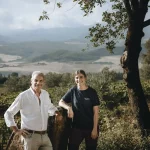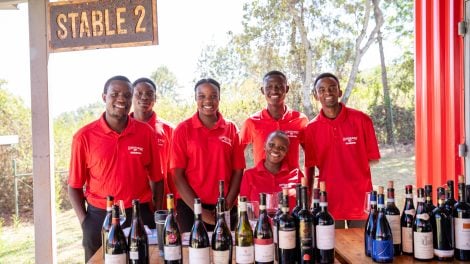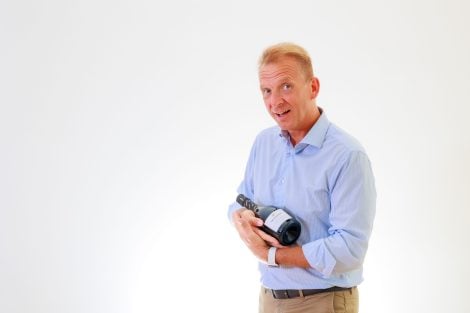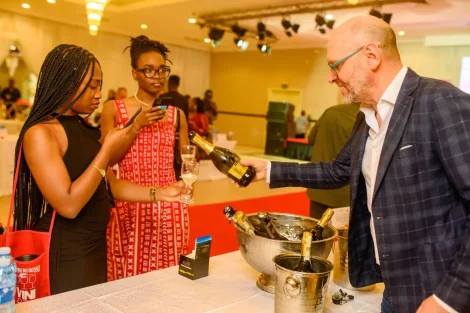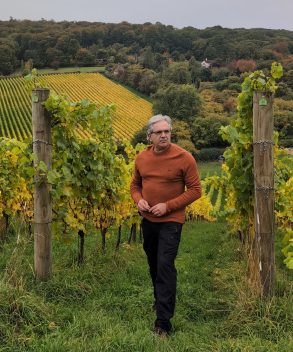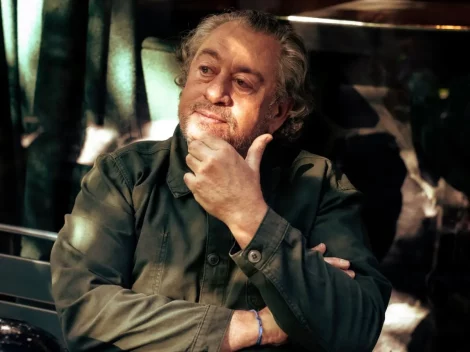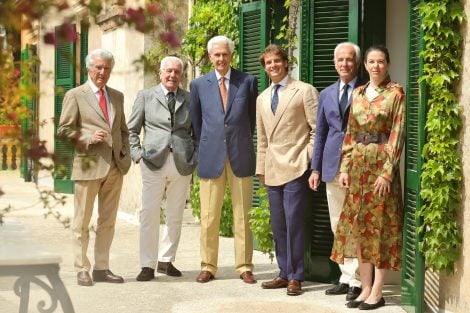Happy birthday, mamma AIS. Sixty years ago, Jean Valenti created a free, independent association to spread wine culture. It was 7 July 1965. AIS, the Associazione Italiana Sommelier, is blowing out 60 candles and kicking off a year of celebrations and events across all regions. The festivities began in Milan on Monday 7 July, and the anniversary is a chance to chart a new course and reflect on the future. One of the most pressing issues is the need for renewal in order to reach a new audience. We discussed this with Sandro Camilli, president of the association since 2022.
Looking at the figures, the association boasts 45,000 members across Italy: “They are our true wealth. Numbers grew after Covid and have since stabilised. Young people are joining too, but we need to do more for them. There is a communication issue, a problem of language,” he admits frankly.
Change is coming
“We need to learn to use a smarter, more narrative and less technical language, while maintaining the rigour of our content. Beyond the courses, we need to find ways to make young people understand that wine is also a drink for them, and convey positive messages.” It’s a clear-headed analysis. And it’s not a start from zero. AIS has updated its standards, renewed its educational materials and is developing new courses. “Those enrolling in sommelier courses today know what to expect. But beyond that circle, there’s a whole world we can only reach if we speak a different language. We need to spark curiosity, and then guide people toward deeper learning. We have the content—we just lack a bridge to it.”
This reasoning also extends to instructors, structure, and tone: “We’re working to make our language more accessible to younger generations, to communicate on social media in their style, not ours. A cultural shift is needed.”
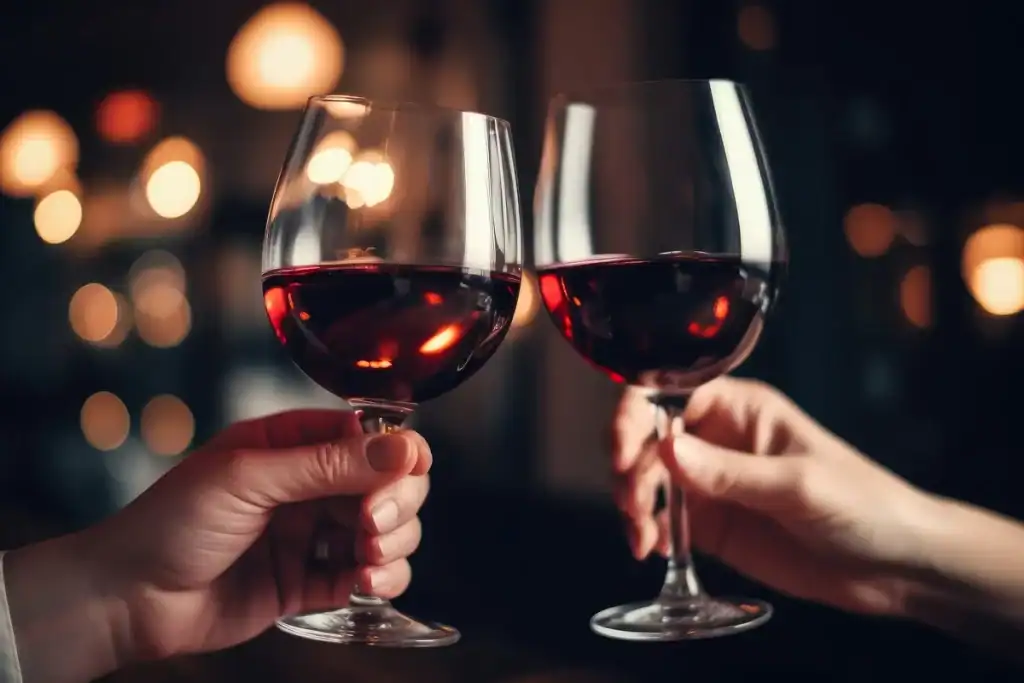
The Guide is evolving
The Vitae wine guide is also undergoing a transformation. AIS has appointed two new editors, Andrea Dani and Gian Luca Grimani, with the aim of evolving the guide from an internal tool for members into a broader reference for the market. “We’d like it to become an international driver,” explains Camilli. “A valuable asset, with a broader, more readable approach, also useful to those outside the AIS world.”
Communication can save wine
Camilli is direct on this as well: “In the wine world, there’s still scepticism about communication. Yet in times of difficulty, communication is exactly what can save this sector. Consortia should stop quarrelling and start promoting wine as a cultural asset of the territory. We need to organise positive initiatives, use positive language, and help people understand that drinking a good glass of wine isn’t just healthy—it’s a moment of sharing.”
Musts and dealcoholised wines
On the topic of dealcoholised wines, Camilli is pragmatic. He doesn’t shut the door, but he isn’t throwing it open either. “When it comes to dealcoholised wines, we’re observing. Our method is inclusive, but right now things are very confusing. I’ve had truly negative experiences with dealcoholised products. Aside from a few aromatic versions or some sparkling wines, there’s little that makes sense. Are we even talking about wine anymore? Personally, I’d rather have someone taste a must that at least tastes like Sangiovese or Chardonnay, has an identity, and isn’t the result of several forced processes.”
A call to restaurateurs
To close, a heartfelt appeal to the world of restaurant professionals—one we fully endorse. “A sommelier in the dining room is never a cost. By the end of the year, it’s an investment —for the wine, for storytelling, and for a restaurant’s identity. And we’re not just talking about pairings. A good sommelier can change an entire table’s mind, shift the perception of a restaurant, and rekindle the desire to drink with awareness.”

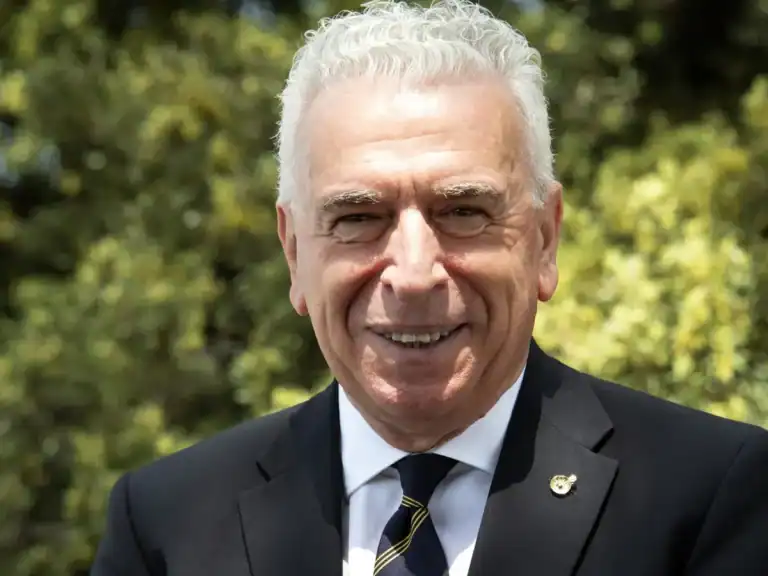
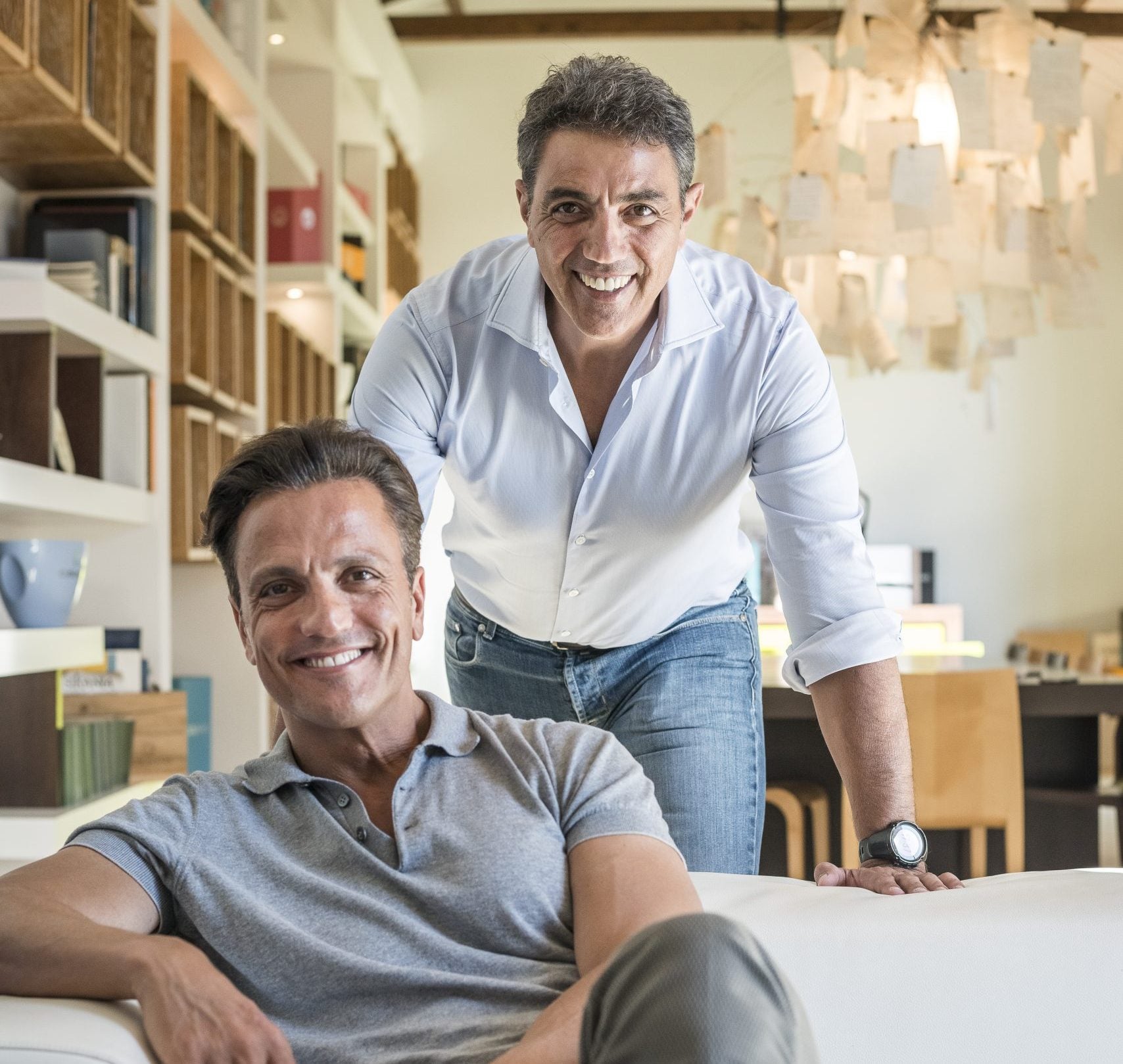 'You cannot imagine how magnetic Etna is!'
'You cannot imagine how magnetic Etna is!'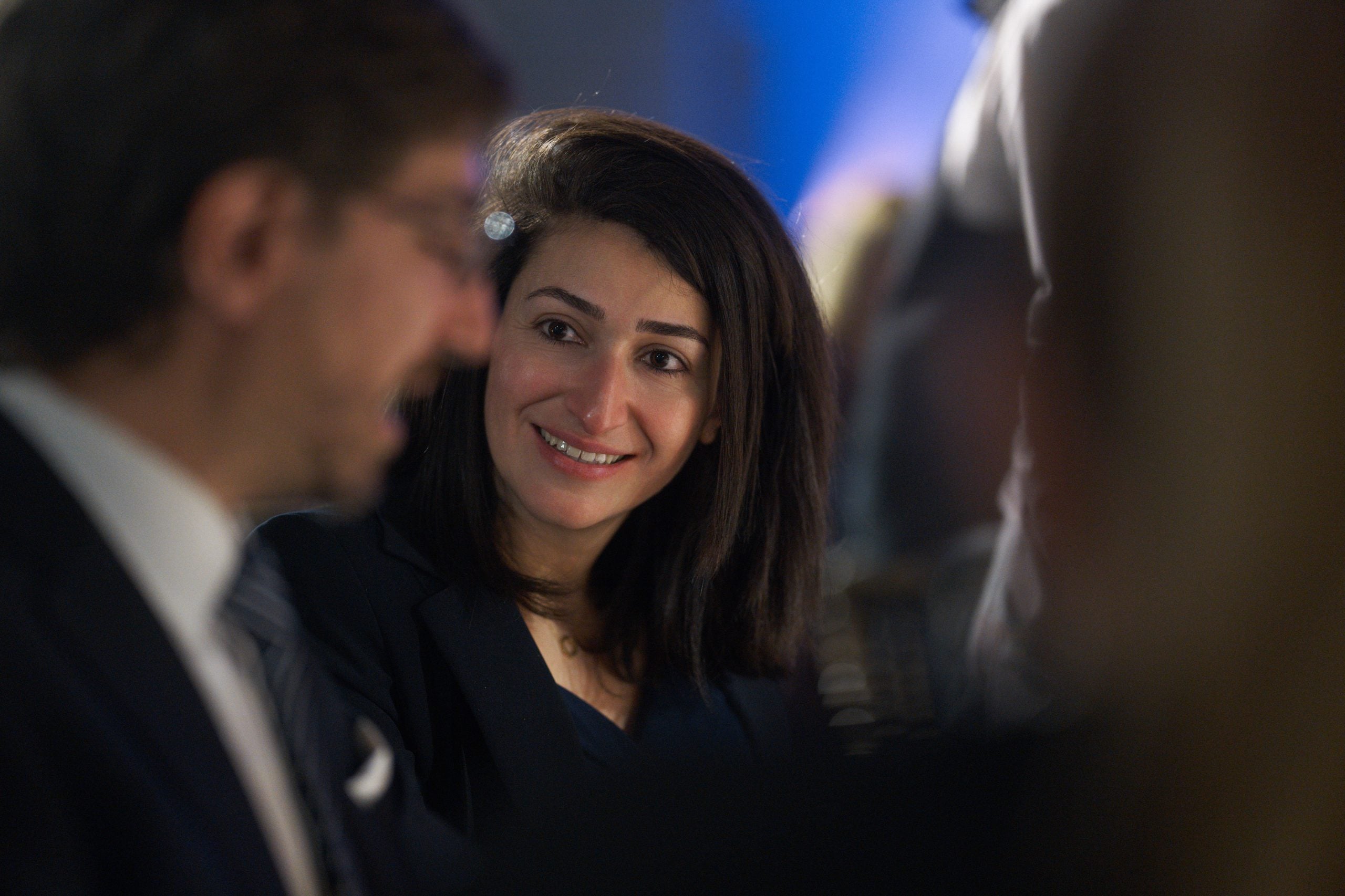 'To be the global platform, we must take everyone and everything into account'
'To be the global platform, we must take everyone and everything into account'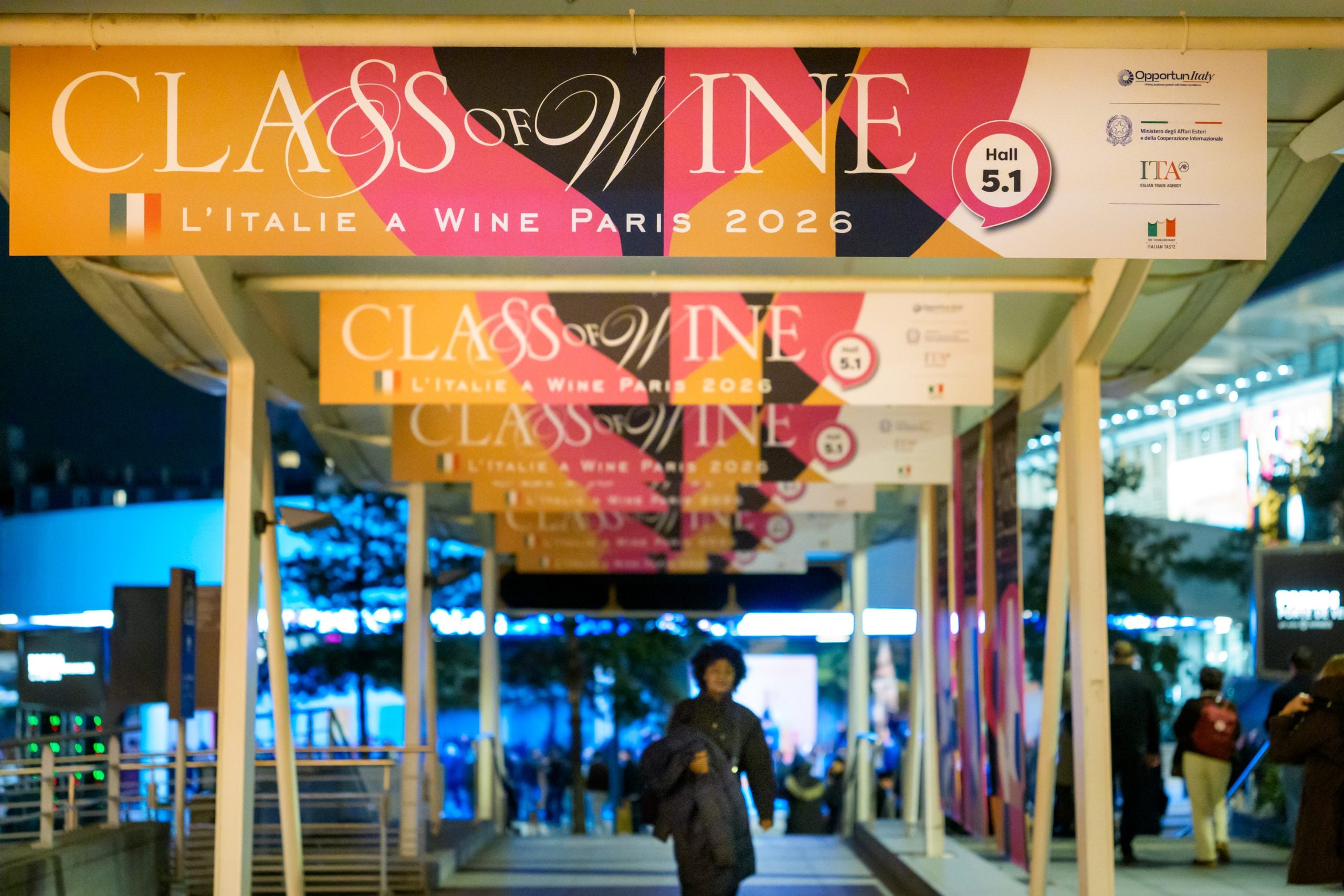 What did Italian producers think of Wine Paris 2026?
What did Italian producers think of Wine Paris 2026?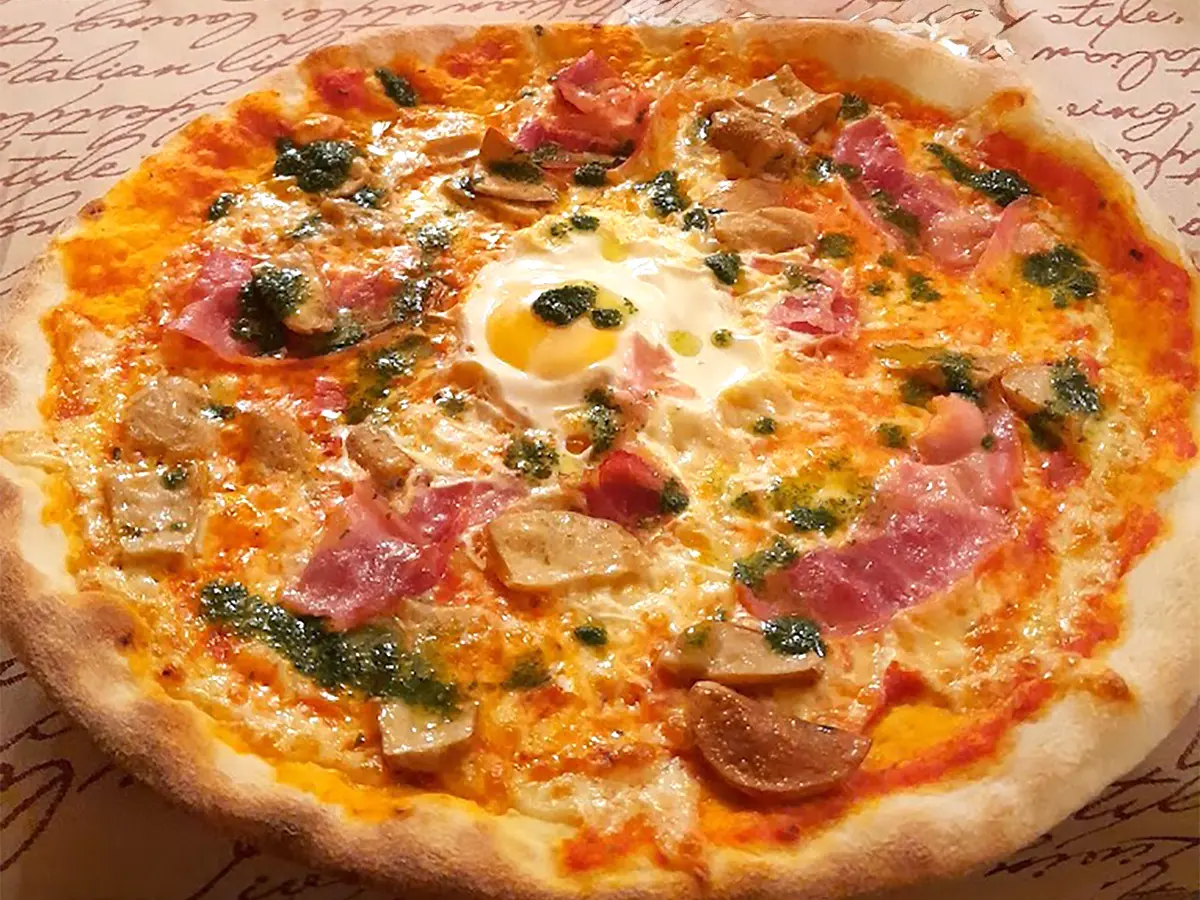 The pizza that’s taking the Winter Olympics by storm
The pizza that’s taking the Winter Olympics by storm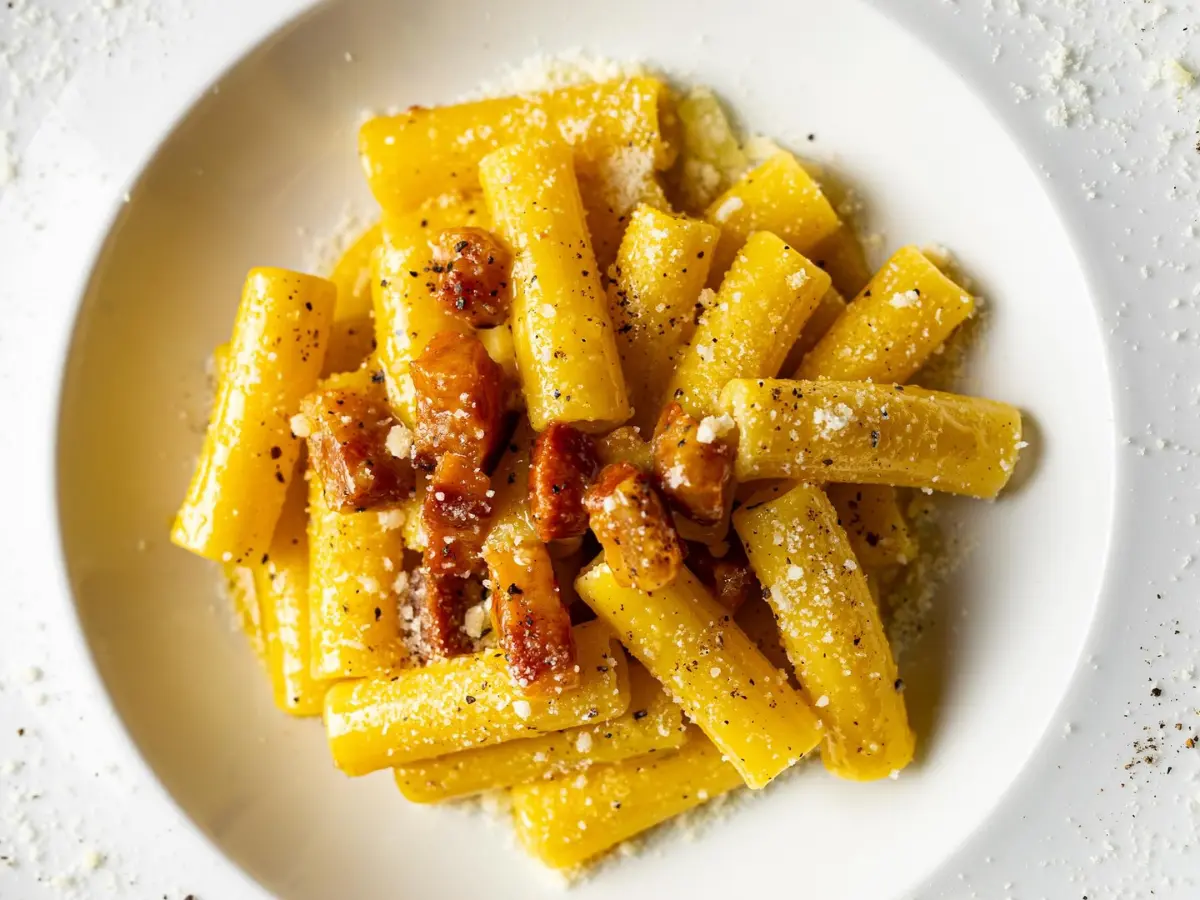 Where to eat in Central Rome (while avoiding the tourist traps)
Where to eat in Central Rome (while avoiding the tourist traps)